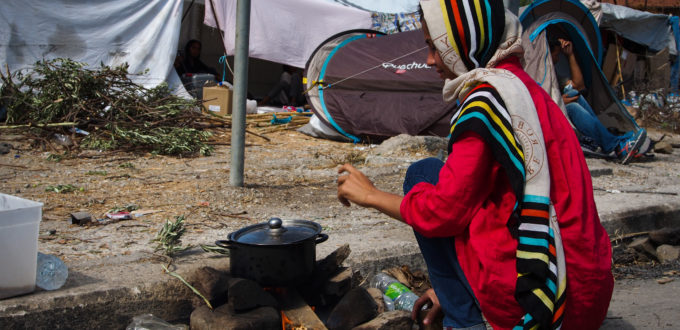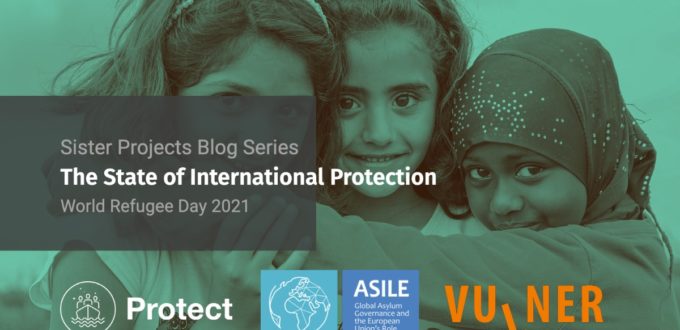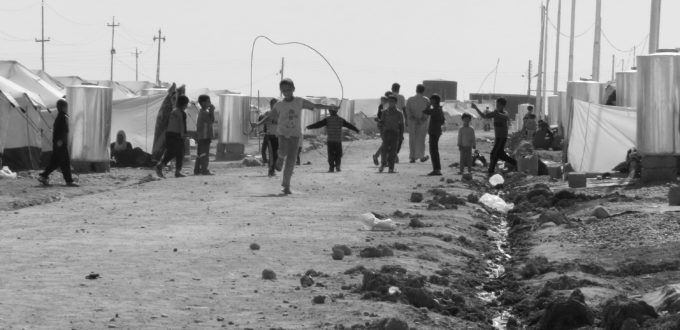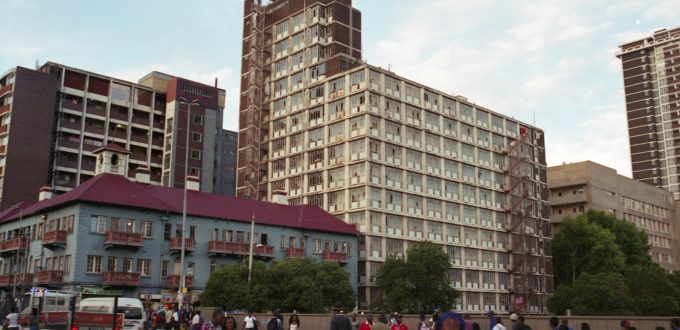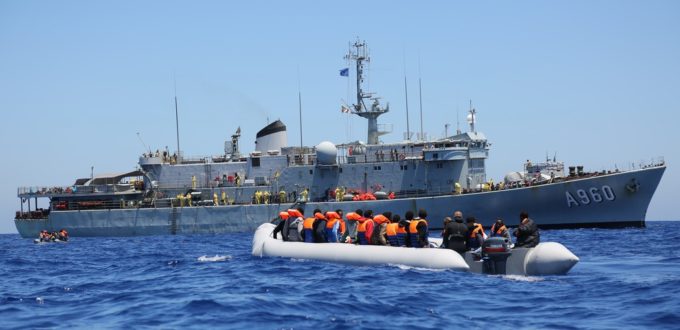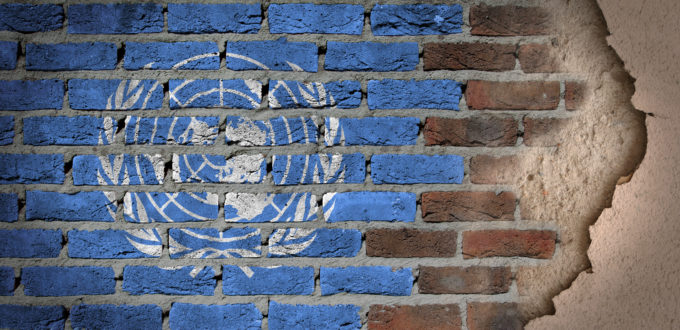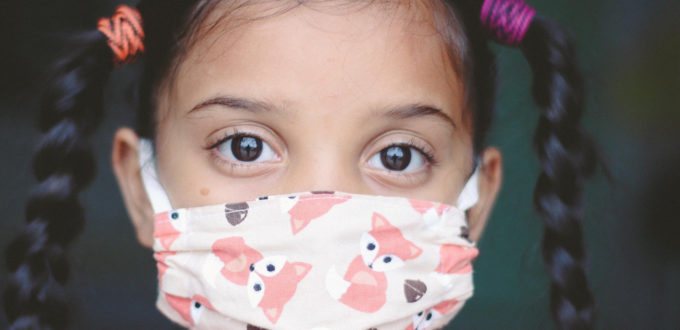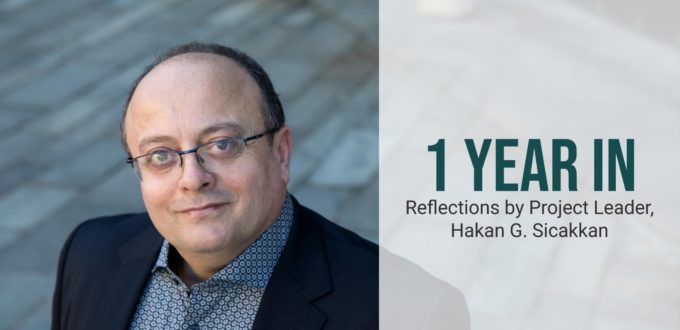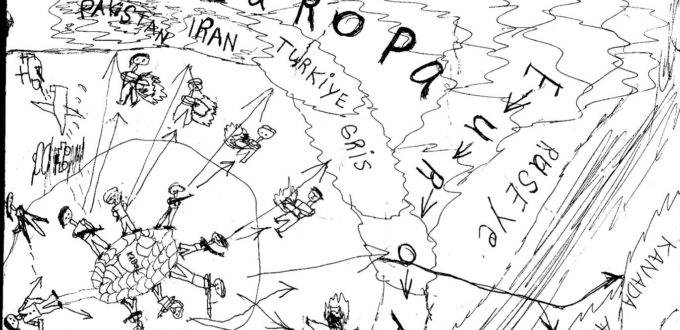Both the EU-Turkey Statement and the recent Joint Ministerial Decision are very problematic as they jeopardise the state and nature of international protection itself. Readmissions or returns of asylum seekers back to Turkey constitutes a direct violation of European and international law.
World Refugee Day Blog Series: The State of International Protection in 2021
To mark World Refugee Day, the sister projects PROTECT, Vulner, and Asile reflect upon the state of international protection in a joint blog series.
A Heated Summer Awaits the Mediterranean
While Norway is shaken by the tragedy of Artin, the remains of a one-year-old who washed up on the shores of Karmøy, more than 120 corpses have been washed ashore in Tunisia over a few weeks: the most recent step of a grim procession from Libya toward Europe through the sea. In a trip over April and May 2021, I collected witnesses and opinions from Tunisians and Libyans themselves.
‘Man is born free and everywhere he is in chains’: Protecting refugees in an (in)humanitarian system
For several decades, well before the outbreak of COVID-19, the global humanitarian system appears to be far from the expected standards of efficiency and inclusiveness.
The Peripheral Role of the Global Refugee Regime in Southern Africa: Protection Challenges in Urban ...
Southern Africa is home to a significant number of refugees and forced migrants, with UNHCR reporting 1.1 million refugees and asylum-seekers in the region in 2020. To assist states in hosting these populations, the global refugee regime has been associated with offering protection to refugees in the region since the 1960s. This assistance has taken […]
Accessing a Fair Asylum Procedure: Failures at the external borders of the European Union
Just as Frontex and national border guards are intensifying their coordination of external border controls, it is time to investigate how, whether and under what conditions, national fundamental and human rights bodies can cooperate and coordinate to provide the necessary counterbalance to the coordination of border controls. Ending the seemingly endless litany of deaths and human rights abuses occurring in or around external border operations of EU and Member State agencies (or through failure to act) is the only principled way forward that is in line with States’ commitments to respect, promote, and fulfill the human rights of migrants and refugees.
The relation between the UNHCR and the government: a leap in time and refugee protection
Throughout its history, by trial and error, UNHCR has acquired the skills to negotiate with individual states and convince them that refugee protection is in the interests of individual refugees, but also of states and the global community.
12 months and counting: 8 severe consequences of Covid-19 for refugees, migrants, and asylum seekers
The ongoing pandemic has had devastating consequences for people, communities, and economies all over the world. Throughout 2020, PROTECT researchers have paid particular attention to how the pandemic has affected people on the move in different countries and continents. We have summarized our main concerns.
Project Leader Hakan G. Sicakkan reflects upon PROTECT’s first year
Covid-19 has not only slowed down our fieldwork but has also sneaked insidiously into all parts of PROTECT – into our survey questionnaires, interview guides, data grids, and discussion fora – as we encountered its effects on refugees and international protection in the natural course of our research. It is currently on its way into PROTECT’s global cleavage theory.
The continuum of violence and death on the Greek island of Lesvos
Although one might think that death would be the last act of a lethal political game which is played at refugees’ expense and that death itself would serve as a figurative border beyond which violence would not carry on and inflict suffering. My research indicates that violence also continues in death and even beyond the moment of death. Violence continues to be inflicted upon the lifeless bodies which are washed ashore, the unidentified and missing persons, the shipwreck survivors, the families, and even whole communities.

